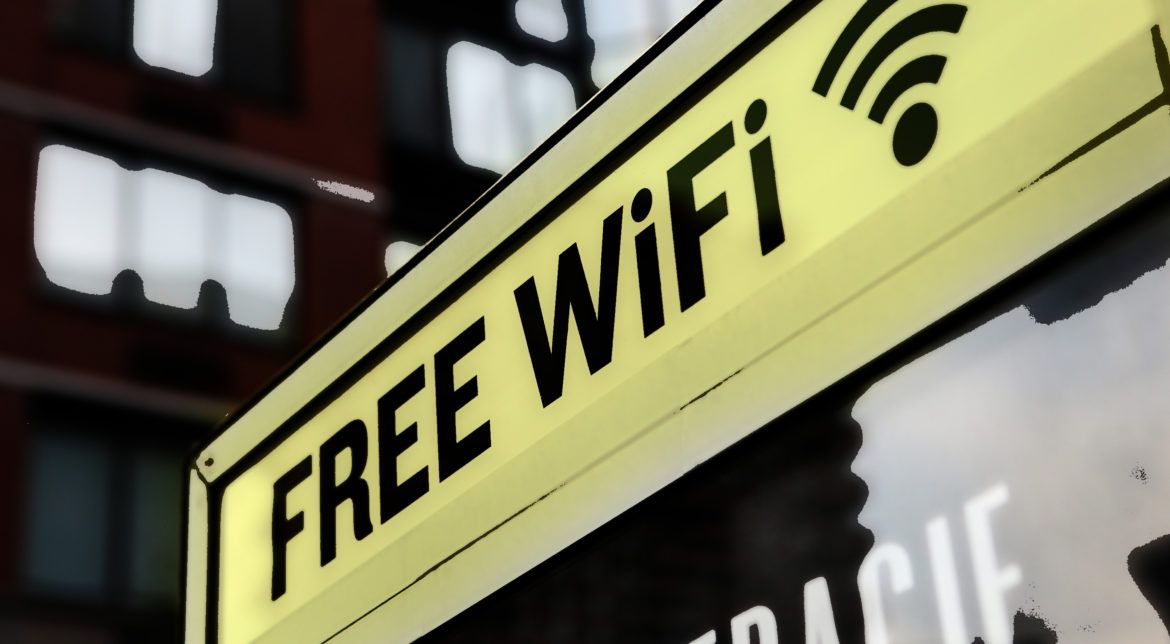How (un) safe are public Wi-Fi networks
How (un) safe are public Wi-Fi networks
At a time when everyone is thinking about the holiday, they are planning or have already reached the destination, I think it would be useful to discuss a topic like public Wi-Fi.

Even if the alignment of mobile tariffs across the European Union is good news for all subscribers, the use of free Wi-Fi networks will probably continue. First, because not everyone still has large data traffic subscriptions. Secondly, the speed of navigation is, in most cases, higher than on mobile networks.
Whether it is a loyal user of public Wi-Fi connections or an occasional user, it would be impossible to find someone using the Internet on mobile devices but never connecting to a public network. Especially outside the country, I think the Wi-Fi password is one of the first things someone asked when they come to a hotel or enter a restaurant. Regardless of the frequency of use of these networks, we need to be aware that they were often not designed to protect users from intercepting traffic from devices that are in contact with wireless networks.
Information transmitted over public networks can be intercepted easily, regardless of the device used - smartphone, laptop or tablet. Therefore, when you want to connect to a public network, it is good to limit the risks as much as possible.
Treat any unknown network with great care - Just as we place those honeypots in virtual space to see how cybercriminals work, they can also create their own traps: for example, a Wi-Fi network -Fi publishes, through which to try to obtain user data. Its name may be similar to a well-known Wi-Fi location, just to attract the least attention to such details. There are also cases where even your home network (with a custom name) can appear in the list of available networks, even when you are in a foreign country. This should guard you, as attackers could use a device like this: www.wifipineapple.com.
If possible, avoid going into Wi-Fi on sites that require logging - by e-mail, social networks, and especially online banking accounts. The most secure sites are entertainment or information sites that do not involve the use of personal data. I know, it's easy to say, but it's harder to do. However, if you want to access sites that involve authentication or important data, the wisest way would be to use your mobile connection data.
Avoid as much as possible networks that require access to personal data to browse the Internet - Some hotels and especially airports offer users the option of connecting to their networks without a password, instead registering an e- Mail or with an account on a social network. To connect to the Internet, users are notified that their public profile and contacts will be accessed. My recommendation is to avoid such connections.
Beware of connection errors displayed by the browser / device. Most of the time, if the connection is intercepted, the browser used will give you a connection error. It is very important not to ignore these errors - there is a risk that someone will try to intercept your traffic. An example of a message is:
Your connection is not private
Attackers may be trying to steal your information from google.com (for example, passwords, messages, or credit cards). NET :: ERR_CERT_COMMON_NAME_INVALID.
If this error occurs repeatedly, the best thing to do is to immediately disconnect from the wireless network. This message may also occur when network equipment is configured erroneously, but it is better not to risk it.